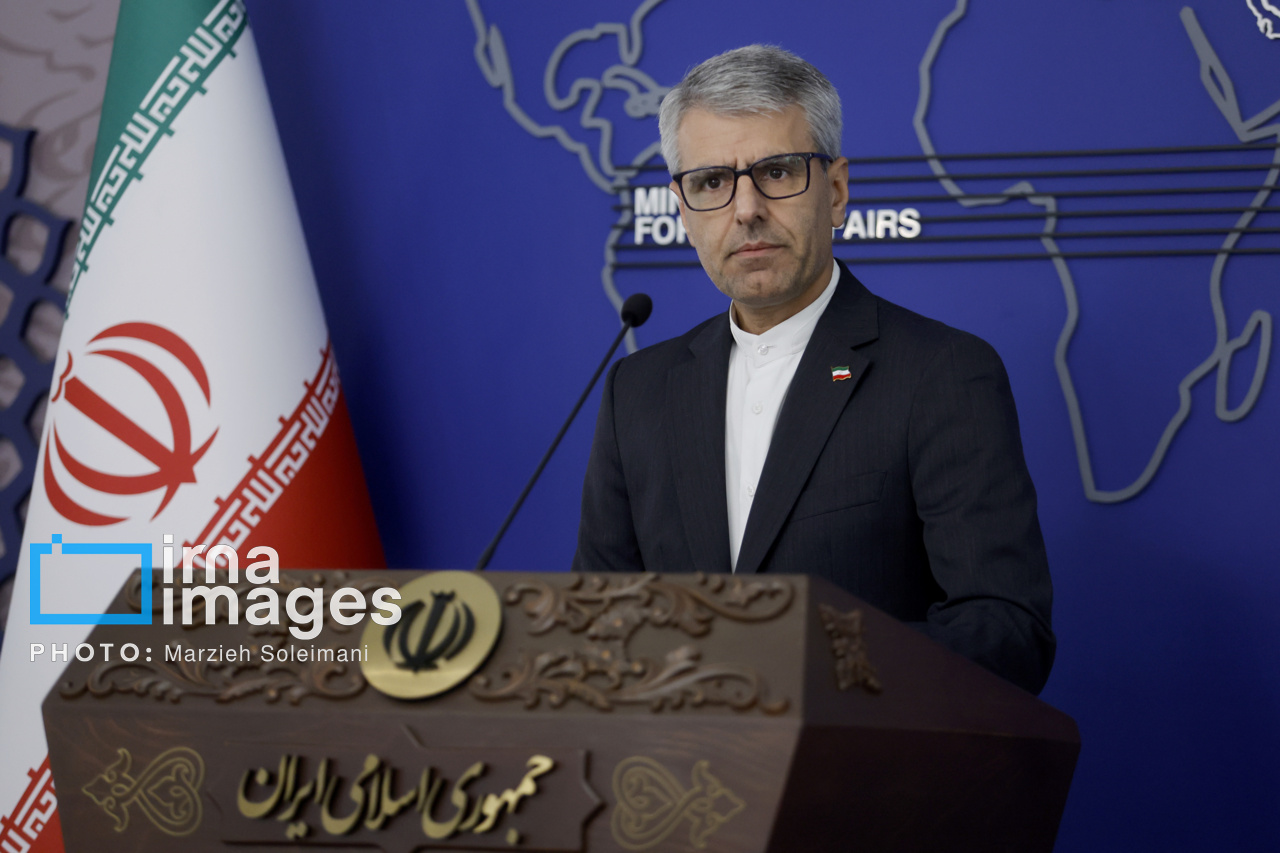
Similar Posts
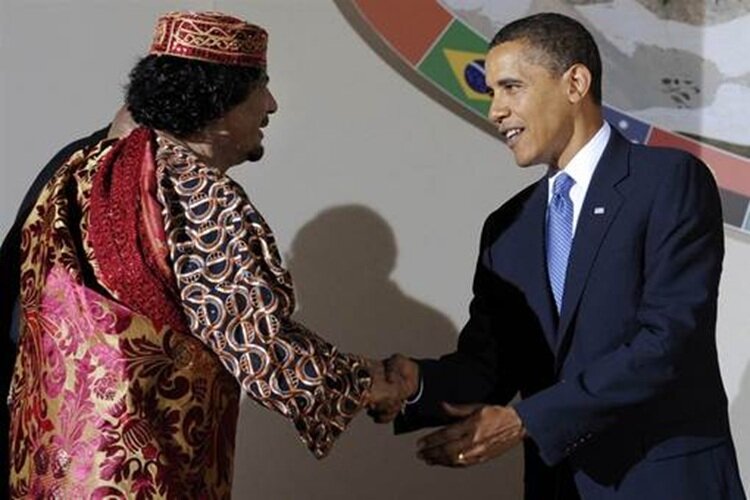
From Trust to Turmoil: How Gaddafi’s Misguided Talks with the US Led Libya to Ruin
Since Donald Trump’s presidency, negotiations between Iran and the U.S. have drawn attention, particularly after Trump withdrew from the Joint Comprehensive Plan of Action (JCPOA) and imposed sanctions on Iran. Amidst this backdrop, Iran’s leader emphasized learning from past negotiations that yielded no results. A historical case study is the 2003 U.S.-Libya agreement, where Gaddafi dismantled weapons programs in hopes of Western acceptance, only to face betrayal when the U.S. and NATO intervened in 2011, leading to civil war. Libya’s experience underscores the importance of retaining military capabilities as deterrents in international negotiations to avoid catastrophic outcomes.
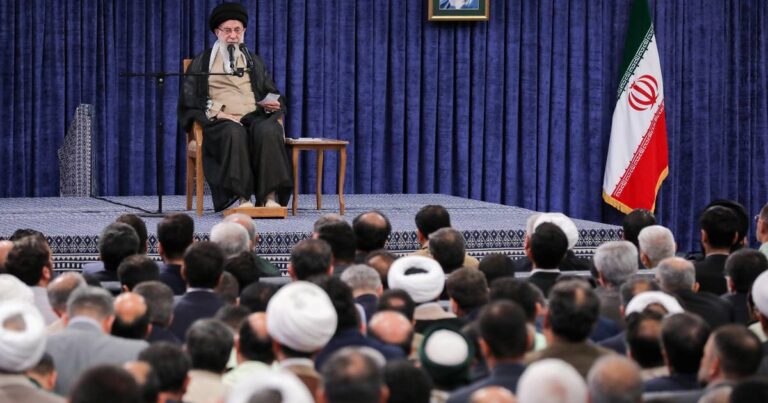
Khamenei Urges Strong Muslim Unity to Confront US and Israel Threats
Iran’s Supreme Leader, Ali Khamenei, emphasized the political significance of the Hajj pilgrimage in a recent address, framing it as a vital act of unity among Muslim nations amid rising tensions with Saudi Arabia and external pressures from the U.S. and Israel. He argued that a united Muslim front could alleviate suffering in places like Gaza and warned against Saudi rapprochement with Israel. While Saudi Arabia enforces strict regulations to prevent politicization during Hajj, Khamenei’s remarks may reignite tensions, complicating the fragile diplomatic thaw between Iran and Saudi Arabia. The upcoming pilgrimage season will be scrutinized for its geopolitical implications.
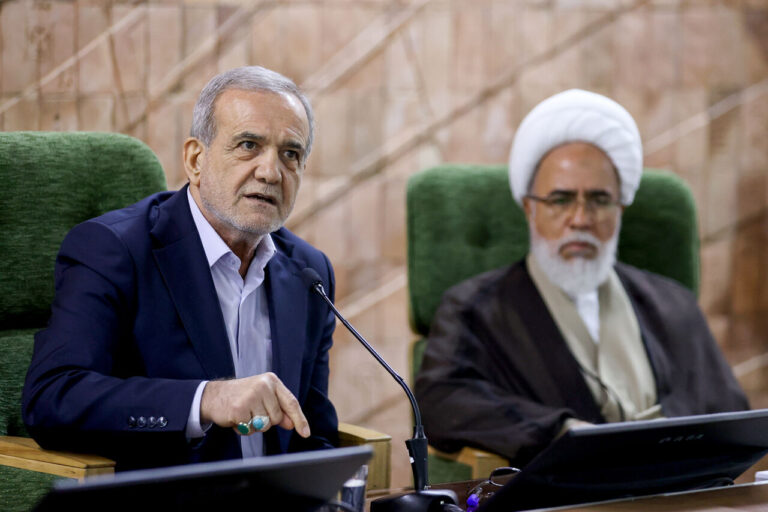
Iran’s President Pezeshkian Champions Regional Peace Initiatives with Neighbors
Iranian President Masoud Pezeshkian has reaffirmed the country’s commitment to peace and stability during a gathering with business leaders in Kermanshah Province. He condemned recent hostile remarks from U.S. President Donald Trump, asserting, “We seek peace, not war,” and emphasized Iran’s aim for harmonious relations with neighboring countries, including Azerbaijan, Russia, Afghanistan, Pakistan, Iraq, and Saudi Arabia. Pezeshkian called for brotherhood and equality in regional interactions. Additionally, he engaged with local entrepreneurs and inaugurated four major projects aimed at enhancing industrial, infrastructural, and agricultural development to boost the local economy.
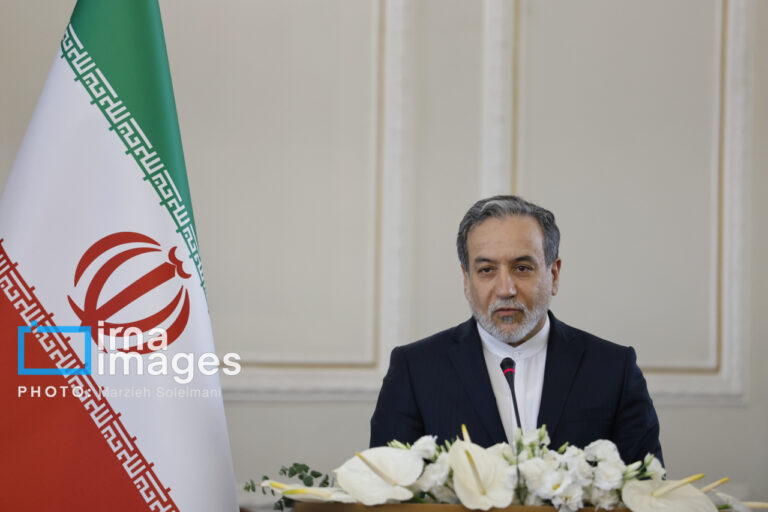
Iran Enhances Security for Nuclear Facilities: Araqchi Updates U.N. and I.A.E.A. on New Safeguards
Iran’s Foreign Minister Seyyed Abbas Araqchi has informed the United Nations and the International Atomic Energy Agency (I.A.E.A.) about the country’s plans to enhance security measures for its nuclear facilities amid escalating tensions. In a letter to U.N. officials, he warned that any Israeli attack on Iran’s nuclear sites would provoke a strong response. Araqchi reiterated that Iran’s nuclear program is peaceful, as confirmed by I.A.E.A. reports, and highlighted the dangers of threats to nuclear facilities. He called on the international community to pressure Israel to dismantle its nuclear arsenal and promote disarmament efforts.
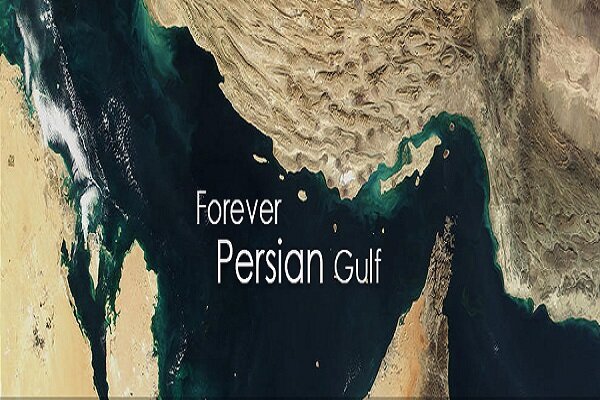
Exploring the Persian Gulf: A Deep Dive into Iran’s Cultural and Historical Identity
Iran is celebrating Persian Gulf National Day, commemorating the expulsion of colonial powers from the region in 1622. This day, observed on the 10th of Ordibehesht, underscores the enduring name “Persian Gulf,” which has historical significance dating back to ancient times. Iran emphasizes its sovereignty over the islands of Abu Musa, Greater Tunb, and Lesser Tunb, rejecting claims from the UAE. The Persian Gulf, vital for international trade and energy transport, remains a symbol of regional security and cooperation. The day reflects Iran’s commitment to preserving its cultural and historical identity amid ongoing geopolitical tensions.
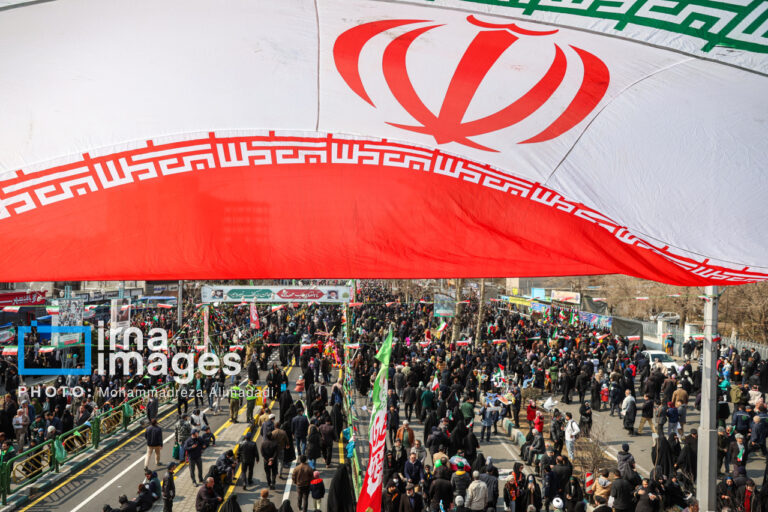
President Celebrates National Solidarity at Islamic Revolution Anniversary Rallies
Iranian President Masoud Pezeshkian praised the strong national solidarity demonstrated during the rallies for the 46th anniversary of the Islamic Revolution. He expressed gratitude for the enthusiastic participation, noting that the impressive turnout inspires the country’s leaders. Foreign Minister Abbas Araghchi also highlighted the unwavering commitment of the Iranian people to the Revolution’s principles. The celebrations, held on February 10, featured widespread involvement from state and military officials, reinforcing a powerful message of unity and resilience amid challenges. This collective participation reflects the enduring spirit of the Iranian nation.